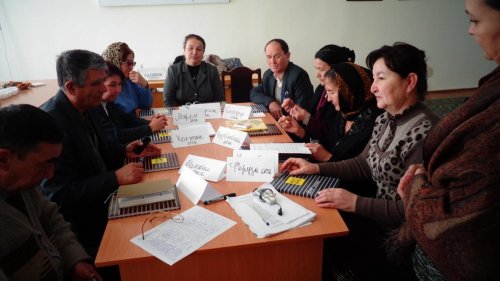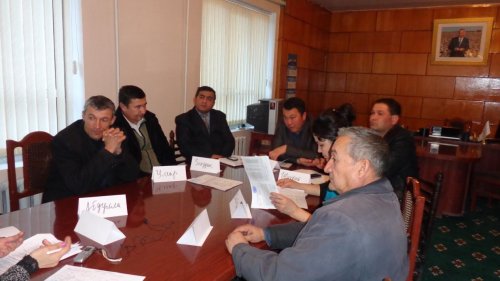

PROJECT TITLE: Social Assessment - South Karakalpakstan Water Resources Management Project (SKWRMP) - Assessment of the potential risks associated with forced labour in project implementation
CLIENT: World Bank / The Projects Implementation Unit for Water Infrastructure (PIU for WI) of the Ministry of Agriculture and Water Resources (MAWR)
PERIOD: 2014
PROJECT AIM
The purpose of the assignment is to prepare an Annex for the project’s Social Assessment. While the use of forced child and adult labor is prohibited in Uzbekistan, the practice persists, particularly in agricultural farms. In this regard the Annex will provide additional assessment of thepotential risks associated with forced labor in project implementation, from which recommendations will be made in mitigating identified risks.
DESCRIPTION OF ACTUAL SERVICES PROVIDED IN THE ASSIGNMENT
The scope of activity covered (but not limited) to the following:
Task 1.Assessment of child and forced labor in Uzbekistan
The activity was focused on the assessment of national norms and enforcement practices that prohibit the use of forced labor.
-Outline of existing national legislation and regulatory provisions on forced labor.
-Detailed stakeholder analysis, which examines the entities responsible for the implementation of the legislation at the national, regional, and local levels (e.g., governmental agencies and officials, regional and local authorities, national and local NGOs, the judiciary, etc.). The stakeholder analysis reviewed the formal and practical responsibilities of these entities, as well as their policies, activities, capacity, interests, constraints, strengths, and weaknesses.
-Review and analysis of existing practices and measures in the implementation of national legislation on forced labor.
Task 2.Assessment of the project’s possible contribution to the use of forced labor
-Assessment of any available evidence on the use of forced labor in the geographic area covered by the project.
-Risk analysis to identify specific components and activities that would be supported by the project and that could contribute to or exacerbate the use of forced labor.
-Assessment of enforcement practices in the project area. Relying on the risk analysis, this assessment analyzed existing practices and measures that aim to enforce the prohibition on forced labor in the project area.
-Recommendations for improvements in the project’s design were made based on the findings of this assessment.These recommendations suggested how elements of third-party monitoring (TPM) and grievance redress mechanisms (GRMs) could be integrated into the project in an effective manner.
Task 3. Outreach and capacity building
Task 4.Assessment of the project’s activities on cotton picking mechanization
Al Mar Consulting employed various research methodologiesincluding: (i) review of existing literature and data; (ii) conducting field work in Tashkent and in the project areas (Turtkul, Elikalla, Beruni regions), including in-depth interviews with key stakeholders (e.g., government officials, international organizations, local authorities, international and local NGOs , water user associations, etc.); focus groups discussions; and questionnaires.